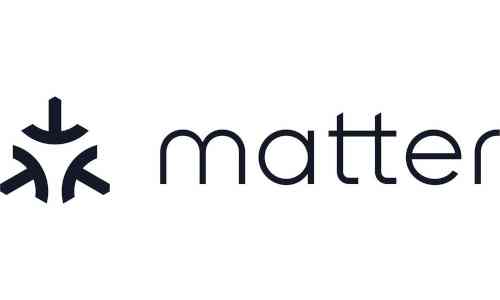As the anticipation and excitement grows for the Matter standard, SmartThings, a subsidiary of Samsung, has announced a Partner Early Access Program with select strategic companies to test their first-ever Matter-compatible products.
Aeotec, Aqara, Eve Systems, Leedarson, Nanoleaf, Netatmo, Sengled, Wemo, WiZ, and Yale are the partners in the exclusive program.
As a founding member of Matter, SmartThings, which was acquired by Samsung in 2014, says it is excited about this development, as well as the opportunity for partners to test their devices and Matter interoperability with hub-enabled devices and through the SmartThings app. Additionally, partners can use the SmartThings app for seamless onboarding of their devices.
SmartThings says it strongly believes that Matter will become the de facto standard in every smart home in the world.
The company is a member of the Connectivity Standards Alliance along with numerous other big name brands including Apple, Google, Amazon, ASSA Abloy, Comcast, Lutron, Legrand, Resideo, Somfy, Silicon Labs, Schneider Electric and others.
“This is why we have, and will continue to, invest heavily in Matter,” says the company in a press release.
At the annual SmartThings Developer Conference, the company announced Matter will allow Samsung’s Galaxy devices, TVs, and Family Hub appliances to have the versatile connectivity options through SmartThings. Integrating SmartThings hub functionality into these devices will make it easier for users to experience the benefits of connected living without the need for a separate smart home hub.
The launch of Matter has been delayed until later this year and remains a significant milestone for SmartThings and the Connectivity Standards Alliance.
The Partner Early Access Program has created tremendous near-term excitement for SmartThings and select companies, according to the company. The creation of the program reflects the increasing demand for more interoperable, flexible, and private, smart home solutions that have the power to make mass smart home adoption a not so far reality.







